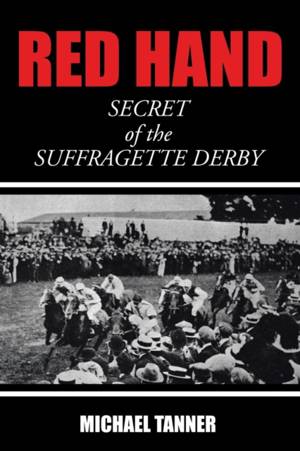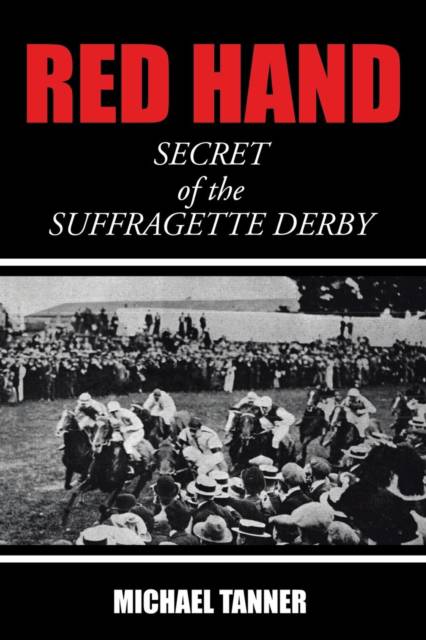
- Afhalen na 1 uur in een winkel met voorraad
- Gratis thuislevering in België vanaf € 30
- Ruim aanbod met 7 miljoen producten
- Afhalen na 1 uur in een winkel met voorraad
- Gratis thuislevering in België vanaf € 30
- Ruim aanbod met 7 miljoen producten
Zoeken
Omschrijving
Britons watched the opening months of 1913 unfold with a sense of foreboding. On the continent, they saw a brutal conflict in the Balkans increase the prospect of a war engulfing the whole of Europe. On their doorstep, they observed the thorny issue of Irish home rule edge the island toward civil war as Ulster's Protestant Loyalists, led by Sir Edward Carson, vow they will fight to remain part of the United Kingdom rather than be subservient to a Catholic Republic governed from Dublin. And at home, they watched militant suffragettes, such as Emily Wilding Davison, challenge the rule of law in their crusade for the vote. The fiction that follows is set against this turbulent backcloth and constructed around certain historical events and individuals. Yet who is to say the story doesn't chime with a faint ring of truth?
Specificaties
Betrokkenen
- Auteur(s):
- Uitgeverij:
Inhoud
- Aantal bladzijden:
- 320
- Taal:
- Engels
Eigenschappen
- Productcode (EAN):
- 9781524633813
- Verschijningsdatum:
- 21/05/2016
- Uitvoering:
- Paperback
- Formaat:
- Trade paperback (VS)
- Afmetingen:
- 152 mm x 229 mm
- Gewicht:
- 471 g

Alleen bij Standaard Boekhandel
+ 36 punten op je klantenkaart van Standaard Boekhandel
Beoordelingen
We publiceren alleen reviews die voldoen aan de voorwaarden voor reviews. Bekijk onze voorwaarden voor reviews.








